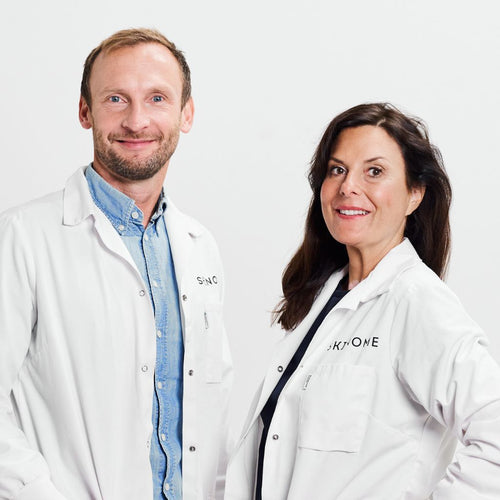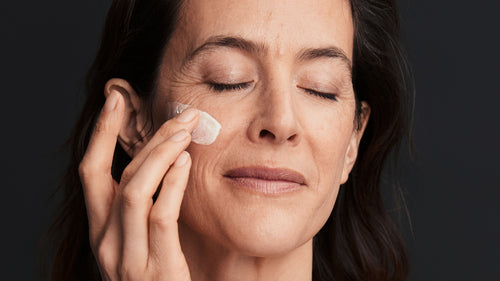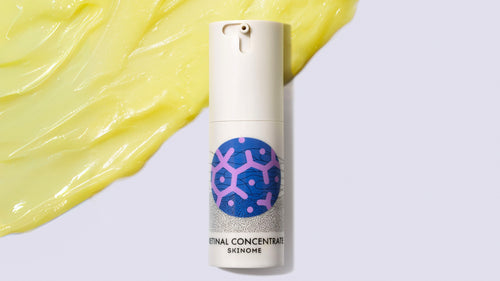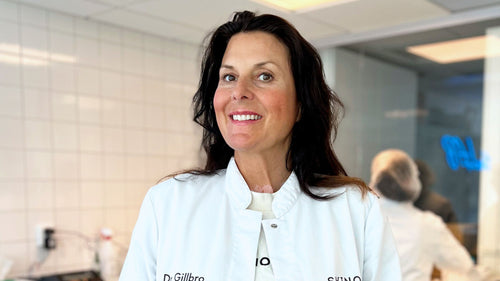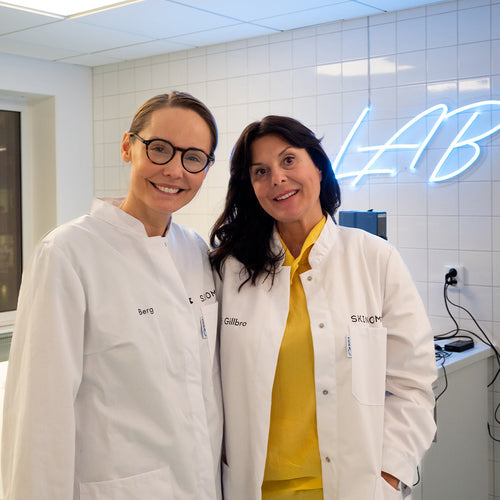How stable are retinoids in skin care?
In the study "Retinoids stability and degradation kinetics in commercial cosmetic products", the researchers investigated the stability of 16 retinoid derivatives in 12 cosmetic products (some products contained more than one type of retinoid). The types of retinoids included in the study are:
- Retinol
- Retinyl palmitate
- Hydroxypinacolone retinoate
- Beta carotene
They looked at how quickly the retinoids degrade (disintegrate) in the formulations both at room temperature (25°C and 60% relative humidity) and at elevated temperature (40°C and 75% relative humidity). The results showed that the retinoids were degraded in almost all products, both at room temperature (0-80% degradation) and at 40°C (40-100% degradation). Retinol and Retinyl palmitate were similarly degraded, beta-carotene was slightly more stable and the most stable form was Hydroxypinacolone retinoate.
The study showed that the average shelf life (= at least 90% of the retinoid remained in the product) was only 2 months. In one third of the tested products, the shelf life was shorter than 1 month. At 40°C, shelf life was on average shorter than 14 days. All products promised a shelf life of 6 or 12 months after opening, which simply turned out not to be true. It was clear that temperature affected how much retinoid remained in the product.
The researchers also found when examining the 12 products that it was clear that the type of formulation, not concentration or price, had the greatest impact on the level of degradation. In other words, what other ingredients were used and how the product was formulated was more important than the concentration of retinoid in the product. They also found that the higher the concentration of retinoid, the more was degraded.
